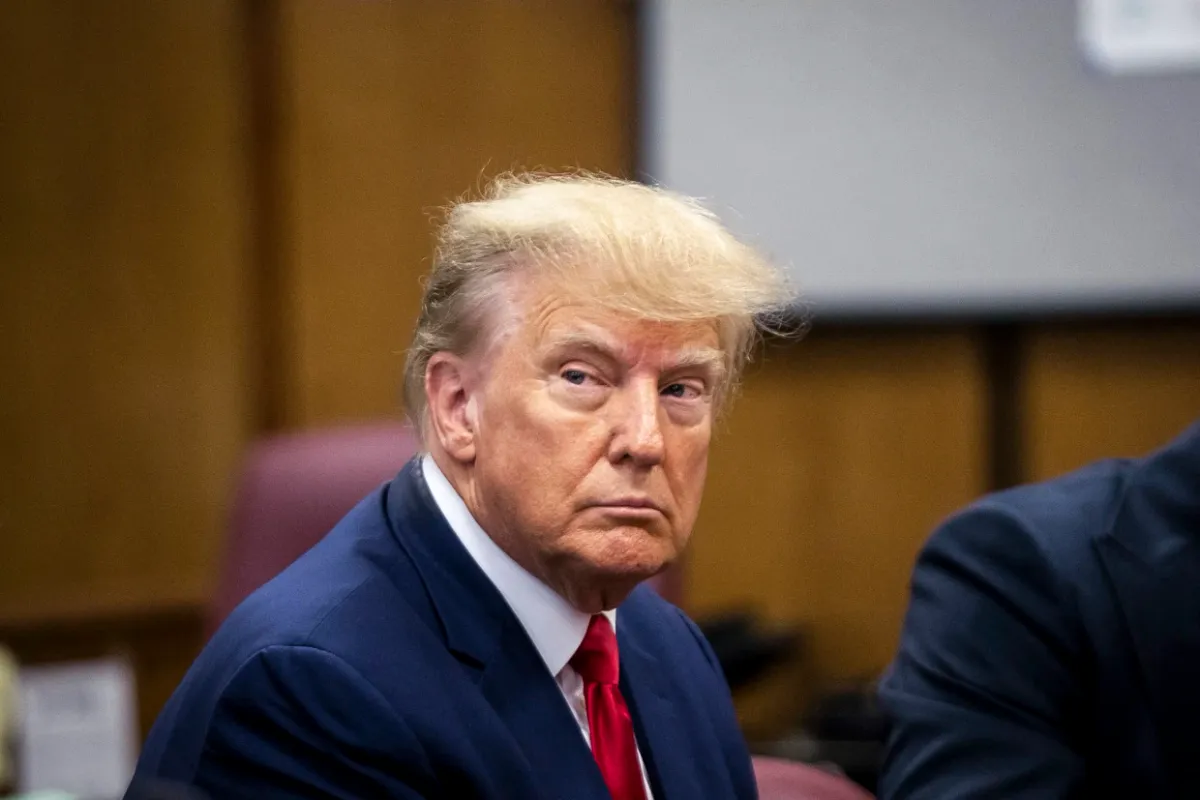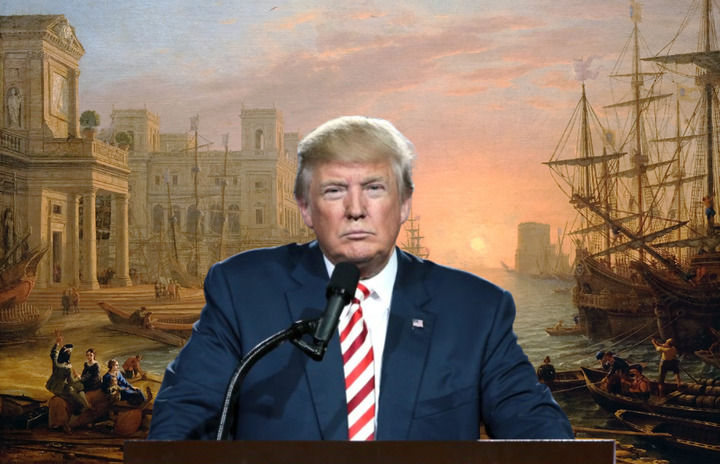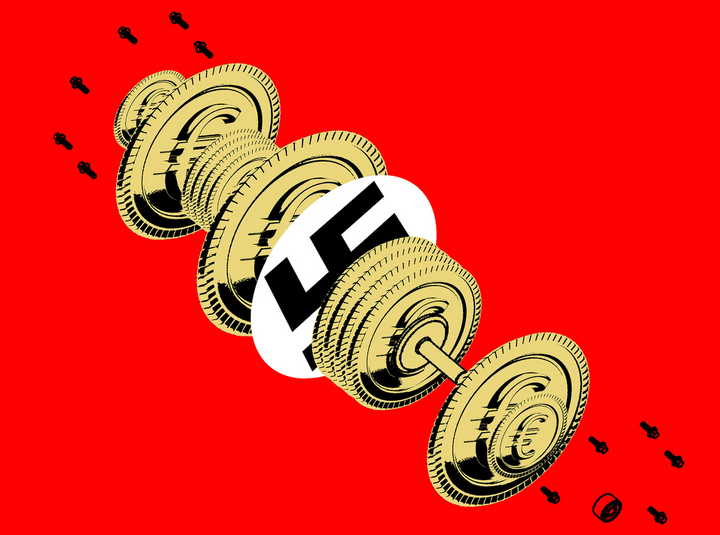Mishandling Menace - Trump's Legal Troubles Threaten His Political Resurgence
Trump's historic arraignment in Miami court unveils charges of mishandling classified documents. The indictment transforms the 2024 election into a fight for his freedom, sparking debates about his leadership style.

By Julian Olsen-Pendergast
The halls of American history welcomed an unprecedented event on June 13th as Donald Trump stood before a Miami court, facing charges that no previous president has ever faced: wilfully mishandling classified documents, thereby endangering national security. Astonishingly, this legal ordeal unfolds against the backdrop of the 2024 Republican primary, with Trump as the favoured candidate. Consequently, the forthcoming election could transform into a campaign for Trump's liberty, rather than a bid for the presidency.
Undoubtedly, such a situation befits Trump's combative nature. Even before the indictment was unsealed, his campaign apparatus pounced on the opportunity, deftly leveraging the situation for fundraising purposes. His loyalists wasted no time in launching scathing attacks against the likes of Joe Biden, Mike Pence, and Hillary Clinton, all of whom have had their own brushes with classified documents. However, it is crucial to note that only Trump finds himself indicted in a self proclaimed 'witch-hunt' —an undeniable testament.
Yet, such claims are devoid of merit. In reality, America's security bureaucracy classifies an overwhelming number of documents. In practice, prosecutions are relatively rare and occur primarily in cases involving the most classified documents, individuals who refuse to relinquish them or obstruct justice, and those who make these documents vulnerable to unauthorised access or indiscriminately share them. Trump, it seems, stands accused of all three transgressions.
Within the indictment lie documents of utmost secrecy, alongside others labeled "humint"—intelligence gathered from sources who face grave jeopardy if exposed. Troublingly, Trump's handling of these documents reveals cause for concern. Legal representatives for both Biden and Pence promptly discovered classified papers and dutifully handed them over to the Justice Department. In contrast, Trump vacated the White House, leaving with no less than 15 boxes—containing a minimum of 30 top-secret files. These particular boxes were not mentioned in the indictment because Trump's office eventually returned them. However, the crux of the issue lies in the fact that Trump clung to additional secret files, instructing his lawyers to either conceal or destroy them. To one attorney, he reportedly suggested, "Why don't you take them with you to your hotel room and if there's anything really bad in there, like, you know, pluck it out."
Furthermore, Trump's documents were alarmingly susceptible to prying eyes or even theft. While Biden carelessly stored classified documents in his garage next to his Corvette, seemingly quite on brand, Clinton notoriously maintained hers on a personal email server designated for her official duties. In Trump's case, the documents found their home at Mar-a-Lago—a sprawling estate boasting several hundred members who are free to bring guests for a leisurely swim or a delectable club sandwich with fries. According to the indictment, many boxes were stored in a room accessible from the pool area, through a frequently ajar door.
Most disturbingly, Trump stands accused of sharing classified information with alarming nonchalance. His insatiable desire to boast seemingly trumped any regard for security protocols, allowing a writer, his publisher, and two staff members to peruse what likely constituted a blueprint for the bombing of Iran's nuclear-enrichment facility. Nonchalantly, he remarked, "See, as president I could have declassified it. Now I can’t, you know, but this is still a secret."
The gravity of these allegations renders any failure to charge Trump an act of unequal treatment. Bill Barr, Trump's former attorney general, minced no words as he characterized the indictment as "very, very damning," concluding that, "If even half of it is true, then he's toast."
The prospect of Trump's downfall, driven by his vanity, paranoia, chaos, and self-importance, strikes a tragically comic chord. The trial and subsequent appeals are likely to drag on, potentially stretching beyond the presidential elections next year. Were he to secure a second term, such a victory might provide temporary respite from the trial until 2029. However, in the event of a conviction, a second-term President Trump could exploit his power by seeking a pardon for himself—a scenario that truly embodies the epitome of injustice.


